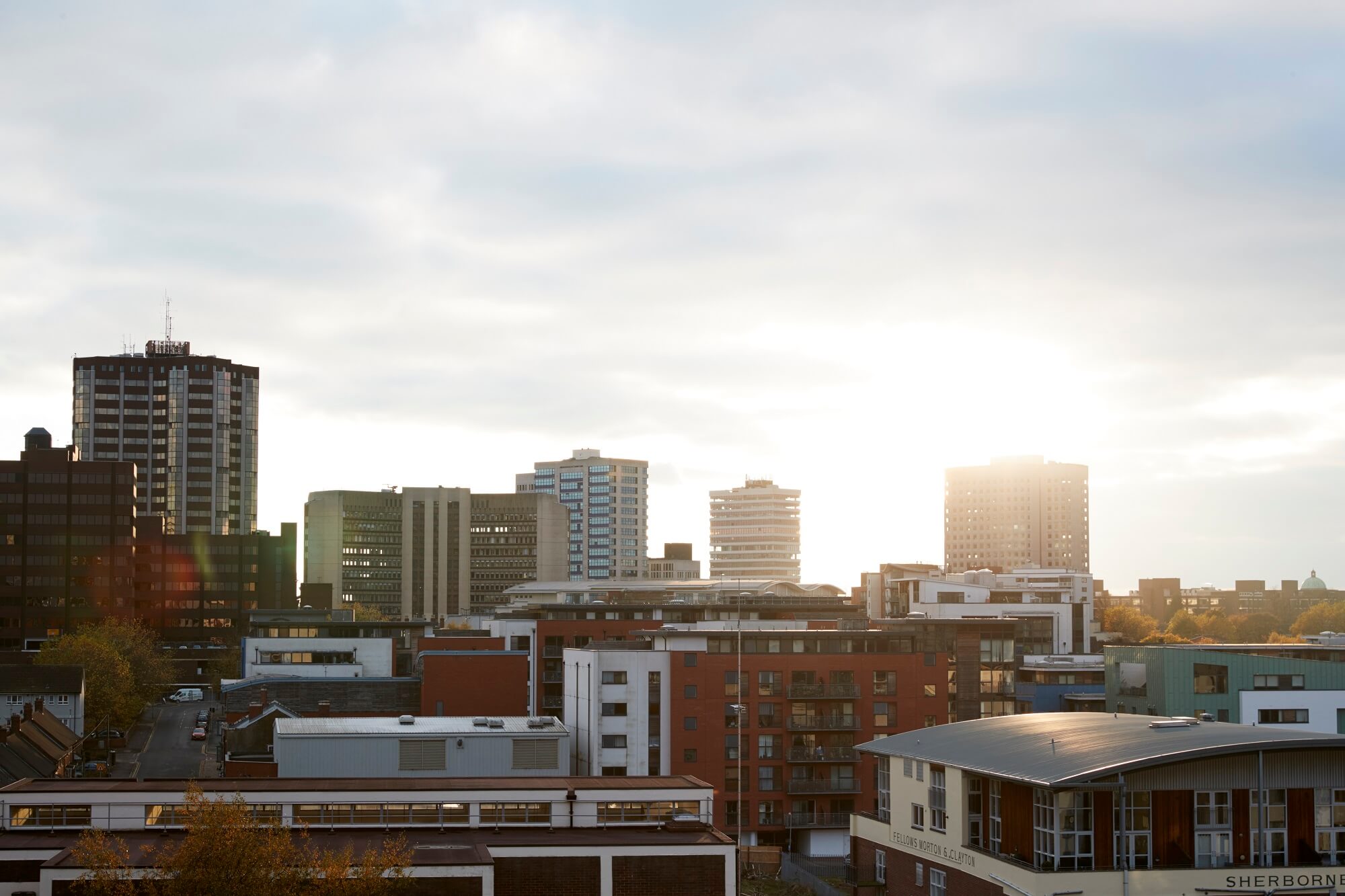Birmingham: From Humble Saxon Village to Vibrant Industrial Centre
Birmingham has always been an important industrial centre with a thriving manufacturing industry that can be seen in the jewellery quarter and the immense Cadbury plant. However, it wasn’t always the powerhouse economy that we see today. It was once a humble Saxon village that grew into a town by the 12th Century. After establishing a weekly market, it began attracting buyers and sellers from the surrounding midlands. Sometime later, metalworking took prominence, but it wasn’t until the 18th Century when this industry started to take strides alongside the manufacturing industry in general. Today, tourism and finance are important sectors, but tech and professional services are the shining lights (More on these in a moment). It’s true, Birmingham is a place of renewal and regeneration which is even visible in the restored Victorian buildings and state-of-the-art galleries at every turn. With an extensive network of metro lines on the way in 2025, there is also an outstanding transport system to support this vibrant centre for every industry. Aside from the galleries, museums, and attractions, you will find an explosion of bars, restaurants and shopping centres which is testament to the fast-growing population of Birmingham. After huge growth in the early 20th Century, the city population has stabilized at approximately 1 million in recent years.
Leave a Comment